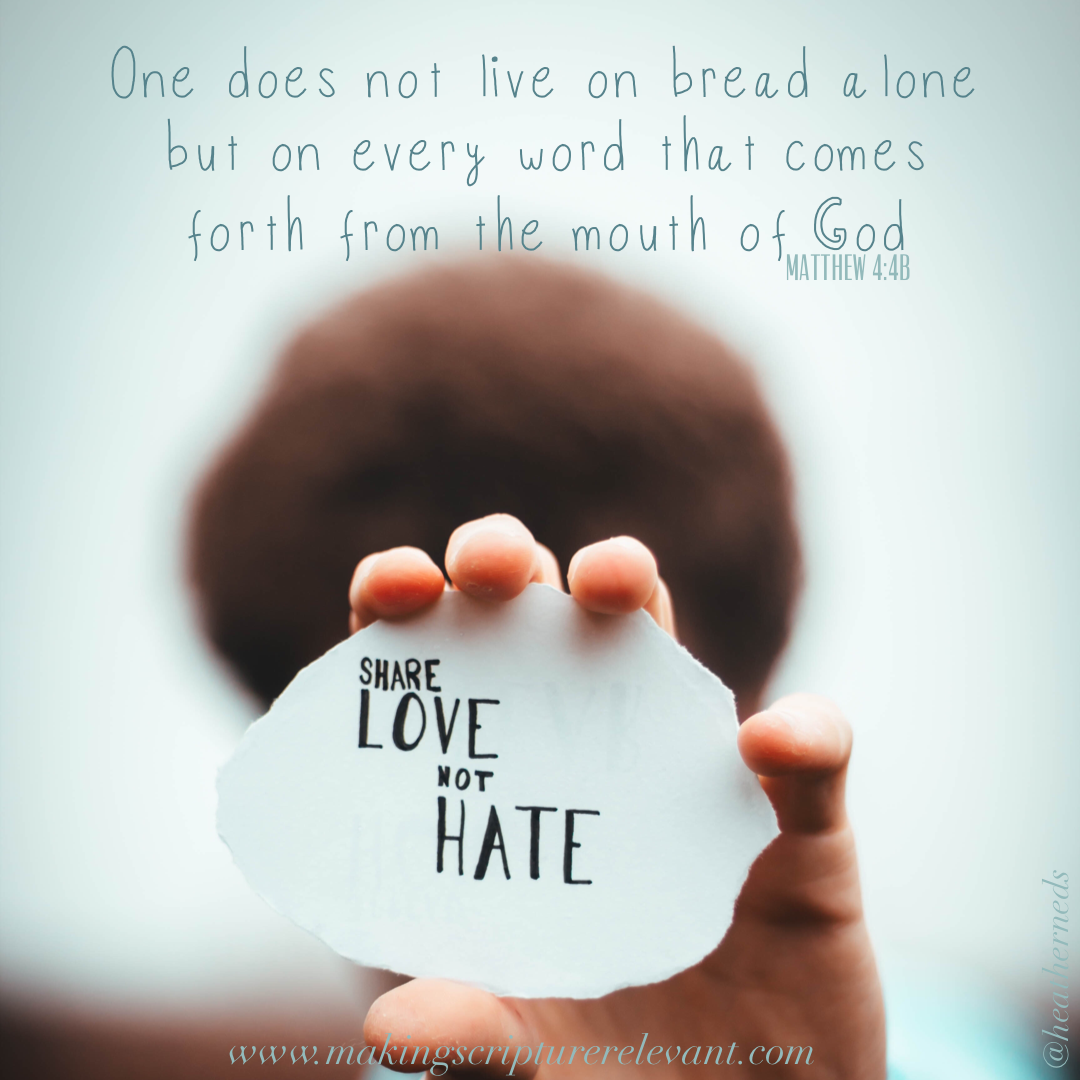Come to the Lord
I don’t know where it started but there is this practice that says you should never enter someone else’s house empty handed. I can’t recall my parents ever saying this specifically to me and I am not sure I’m particularly good at modelling it myself, but it’s something I did say to my daughter’s.
In our family when we gather to celebrate a holiday or birthday, or honestly just get together for any other reason, we all contribute to the meal. It’s always a thing for us to discuss the details of the meal and then let everyone know what we are bringing. When the girls were small and living with us, they were exempt. However, it was when they moved out and became their own household that I verbalized the expectation; they should be bringing something to contribute.
It isn’t just food either. It is our practice to bring whatever we will be drinking, sparkling water, Starbucks or whiskey. Even when the host says, they have the meal covered, a bottle of wine is the very least we can bring. It says, thank you. It says, we care for you. It says, we are one.
Perhaps it is my faith that has secured my dedication to this practice because this is what we do through the celebration of Mass. In the Catholic Church, believers gather at the church, humbly bringing with them the ups and downs from their week. When we first enter the worship space, we sign ourselves with holy water to remind us of whose we are and acknowledge we are accepted despite our sin. It’s a cleansing ritual to remind us of our baptism when we were washed clean of original sin.
We don’t just simply ‘show up’, we come with our offering to place on the table during the celebration of the Eucharist. In the Mass, we first acknowledge our sins, listen to God’s word and then prepare for the sacrificial meal. There are representatives of the people who bring forth the bread and wine, along with the prayers of the congregation and symbolically whatever we wish to sacrifice of ourselves. Through the ritual, we remember Jesus’ death, which saved us of our sins. When we acknowledge his resurrection, we can visualize whatever it is we brought to sacrifice dying and ascending with him.
Of course, a person can show up to Mass empty handed, but if the intention is to leave differently than when you arrived, the shedding of self gives room for Jesus to take it’s place. I think it is in the giving that we exchange love, we say we care and being together is important. It is in giving that we receive.
Now I know there are times when we have nothing to give and desperately need the compassion, grace and mercy offered through the sacrifice. It is often through these rock bottom times when we see the importance of dependence on God and begin to give back once it becomes feasible to do so. In these times, our simply showing up is enough because it says that we still belong, we care.
Like in the Gospel of the loaves and the fish, no one went away hungry, all were fed and there was more left over. When we bring what we have, it is a gesture of communion. When Jesus broke bread with his Disciples for the last time, he didn’t care what they wore or if they had money. The important part was that they came, they showed up, they were present. They brought their whole selves to the table and in return, Jesus gave his whole self to them (us).
In my family’s case, it is the gathering together, each one contributing what they can, to create our own masterpiece, representing our blessings. It’s an expression of love and a way for us to feel like we belong; we are in communion.
Don’t be concerned with whether you can contribute monetarily or materialistically. God is not concerned about money or things. When you come to the Lord, you come bearing the gift of yourself. You lay down the heavy load you carry, piece by piece or all at once. The important part of the equation is that you showed up.






